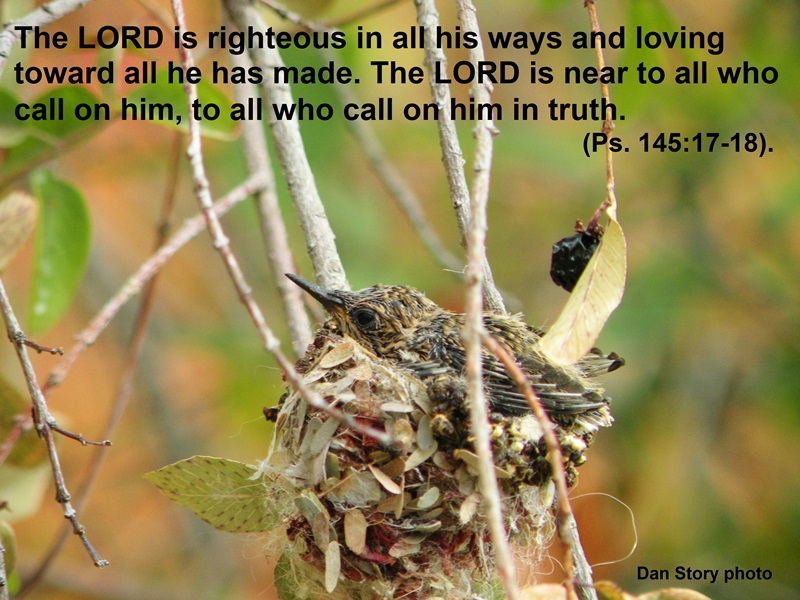
Part Nine: If God Loves Animals, Why Did the Old Testament Include Animal Sacrifices?
Some readers may be wondering about the apparent inconsistency between God’s love for animals and His instructions in the Old Testament to include animal sacrifices in religious activities. This is a legitimate question, so we’ll explore it in this week’s blog post. First, let’s review what we saw in previous blogs in this series.
God created all animal life. They are His possessions. He enjoys them and desires that they live and prosper, and He has created specific habitats and foods to ensure this will happen. A few varieties of animals serve humanity as domestic stock and companions, but the vast majority was created to live wild and free. As the prophet Isaiah observes, God “fashioned and made the earth, he founded it; he did not create it to be empty, but formed it to be inhabited” (45:18). In short, animals are both dependent upon and loved by God. Therefore, it’s irrefutable that they are of tremendous value to Him.
With this said, we can conclude that animal sacrifices were never pleasing to God in the sense of His desired response from sinful hearts. After King David committed adultery with Bathsheba, he cried out to God for forgiveness and wrote, “You do not delight in sacrifice, or I would bring it; you do not take pleasure in burnt offerings. The sacrifices of God are a broken spirit; a broken and contrite heart, O God, you will not despise” (Ps. 51:16-17; cf. 40:6).
The shedding of innocent blood vividly depicts the gravity of sin and the heartbreaking cost of redemption. In God’s revelatory plan for human salvation, animal sacrifices in the Old Testament are a typology of the ultimate, once-and-for-all sacrifice of Jesus Christ on behalf of rebellious sinners (see Heb. 10:1-14). There is no more powerful or effective way for God to illustrate to the human race the costly sacrifice Jesus made on the cross for the sins of the world (John 3:16-17). But animal sacrifices do not lessen God’s love for animals – which the Bible plainly teaches – and should not distract us from this fact.
Moreover, slaughtering animals for sacrificial purposes was done quickly and humanely; it was no different than butchering animals for human consumption today. Much of the edible portions of sacrificial animals were used for food (see Deut.12:27; 16:5-7; 18:3). And remember, it was Jesus who ended the need for sacrificing animals by becoming the once-and-for-all sacrifice on the Cross (Heb.10:3-14). ©
Next week I’ll conclude this series by looking at the role the Church should take in the animal “rights” movement.